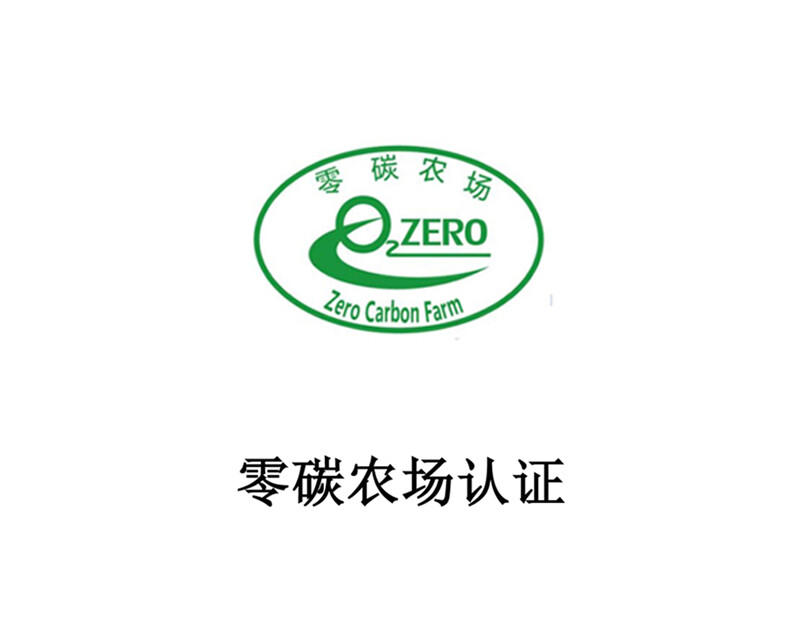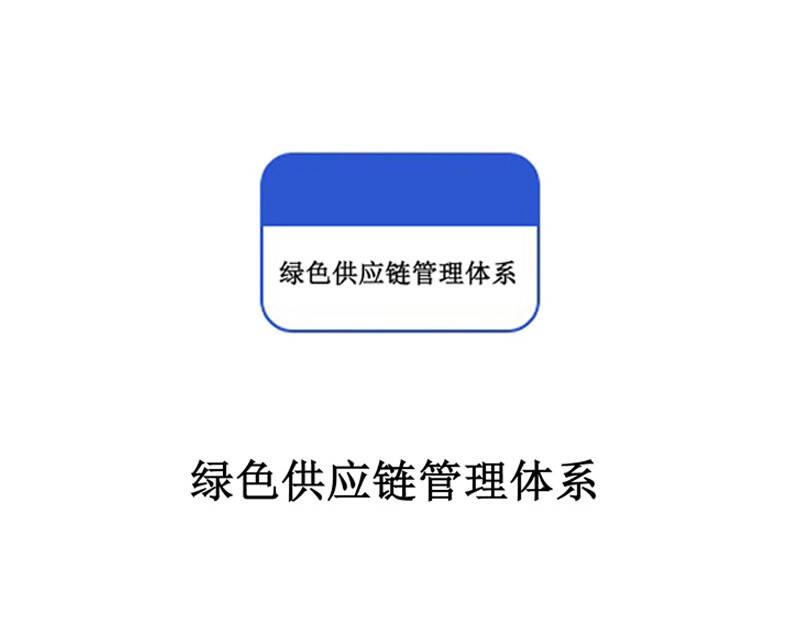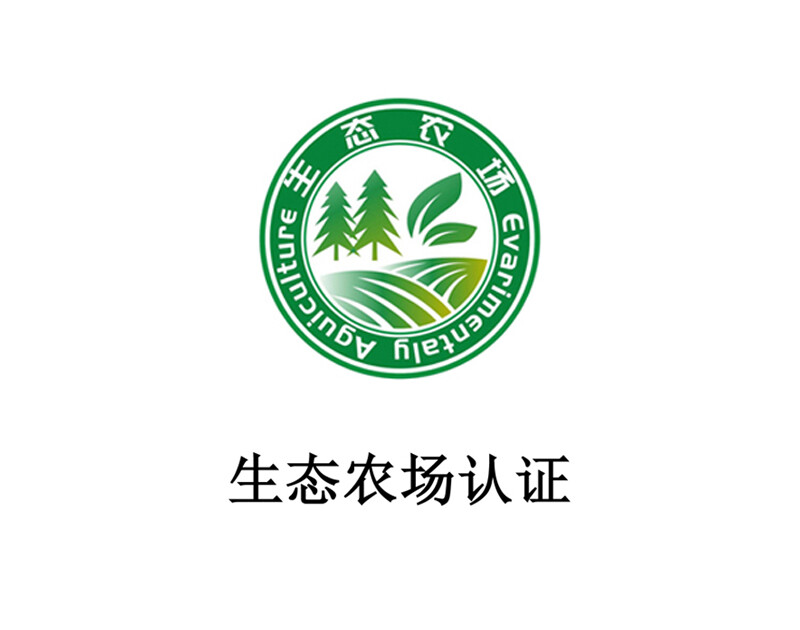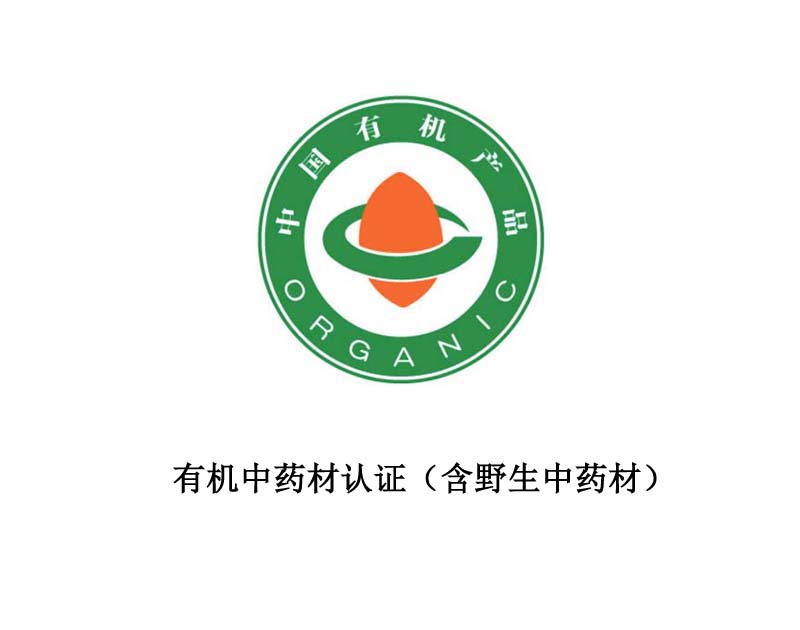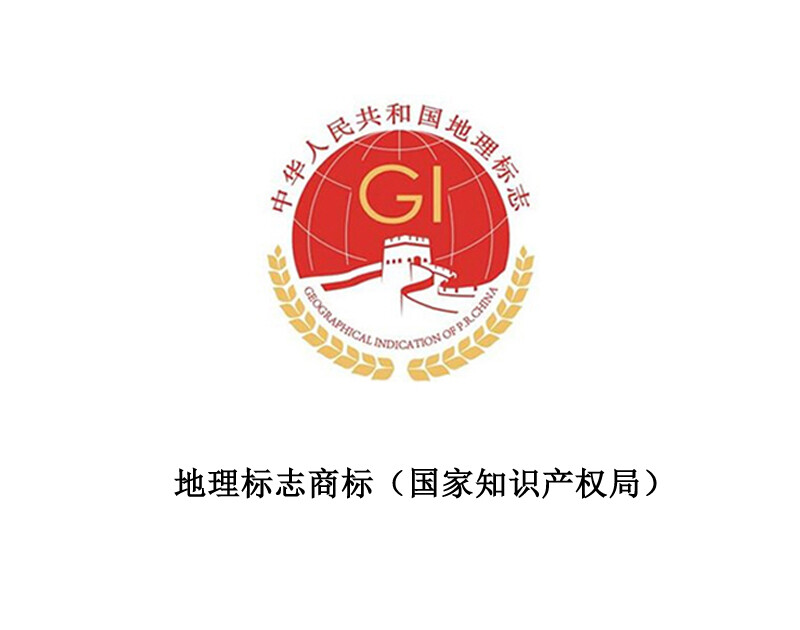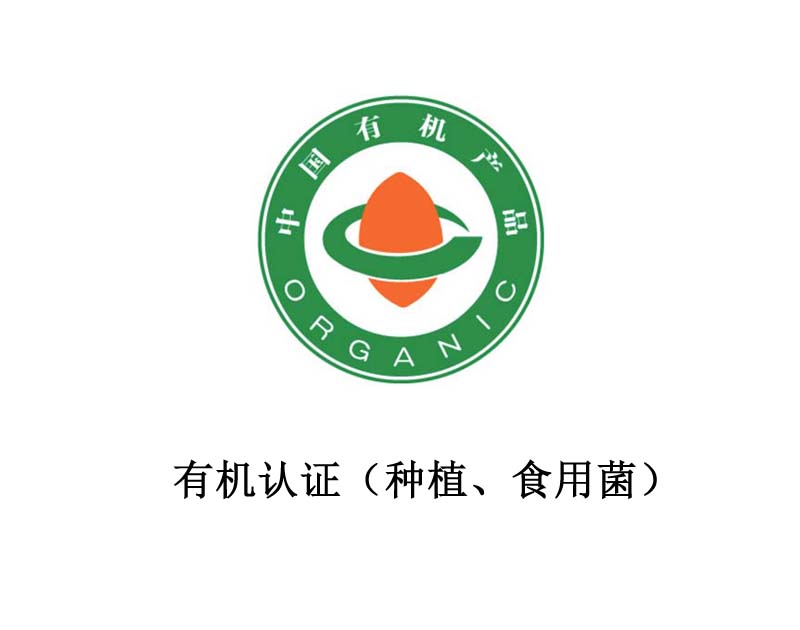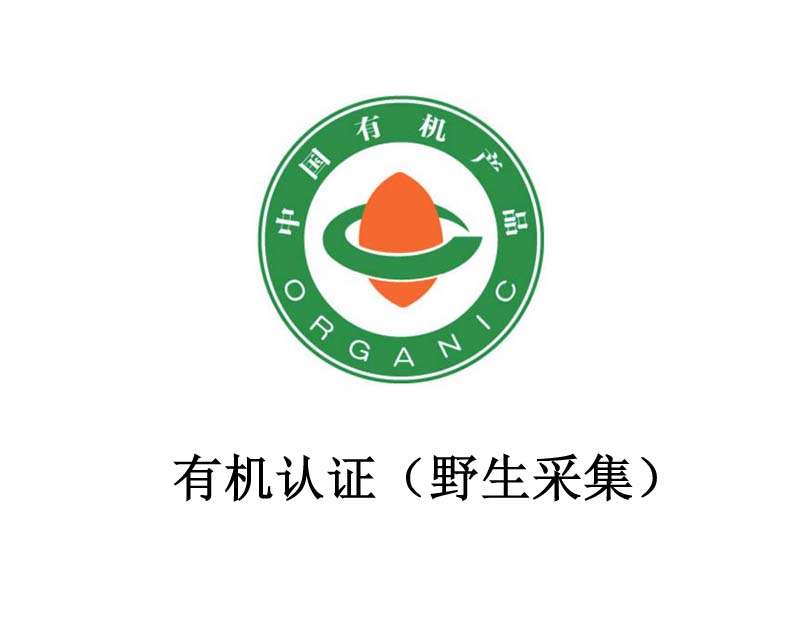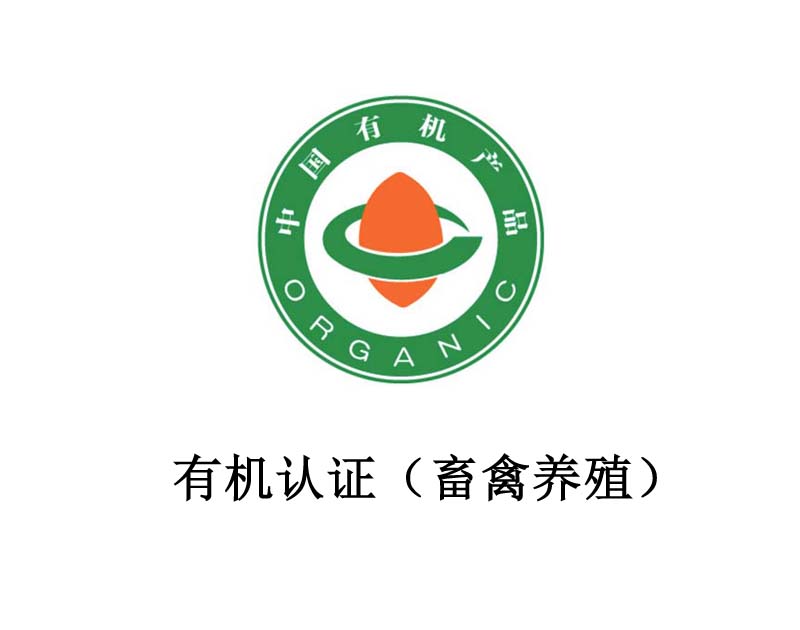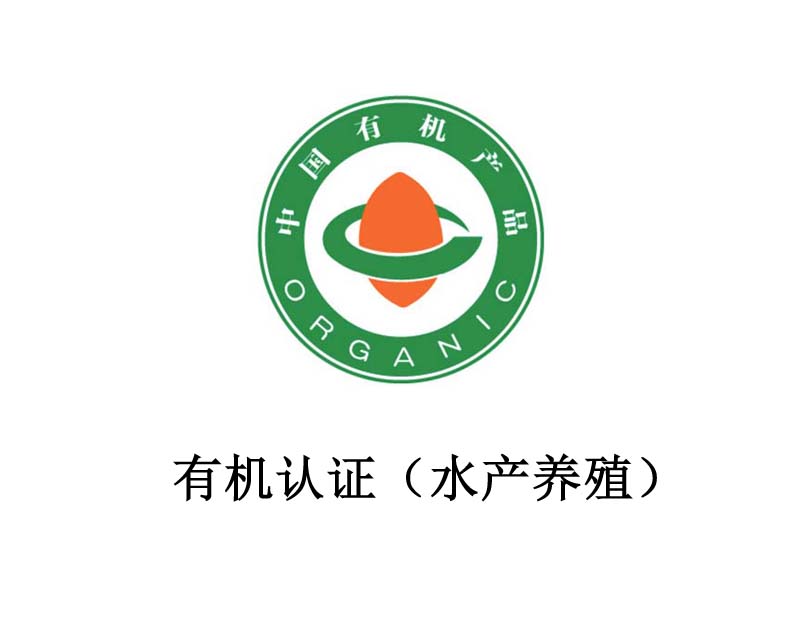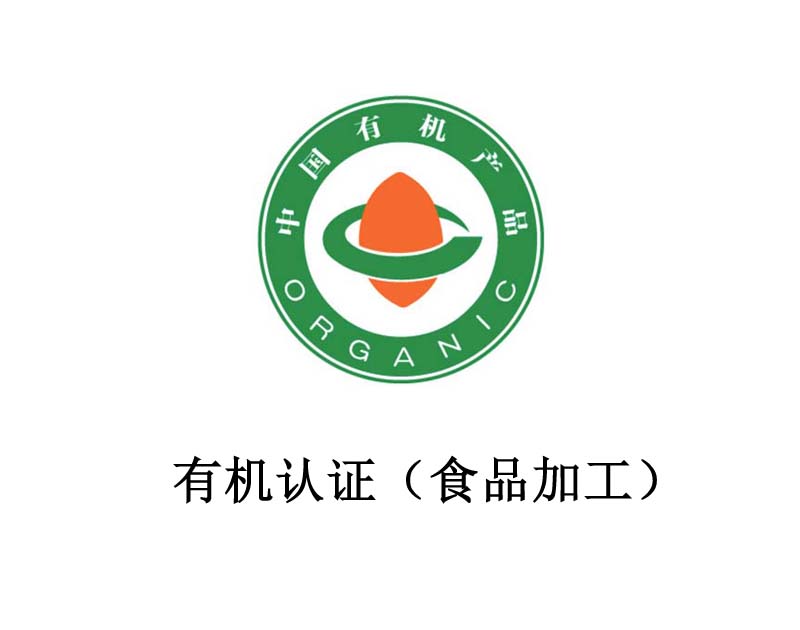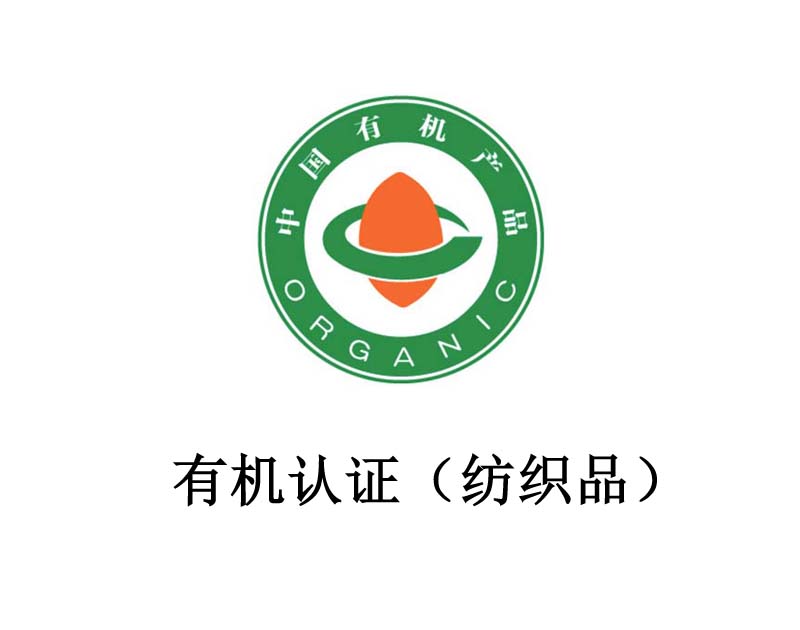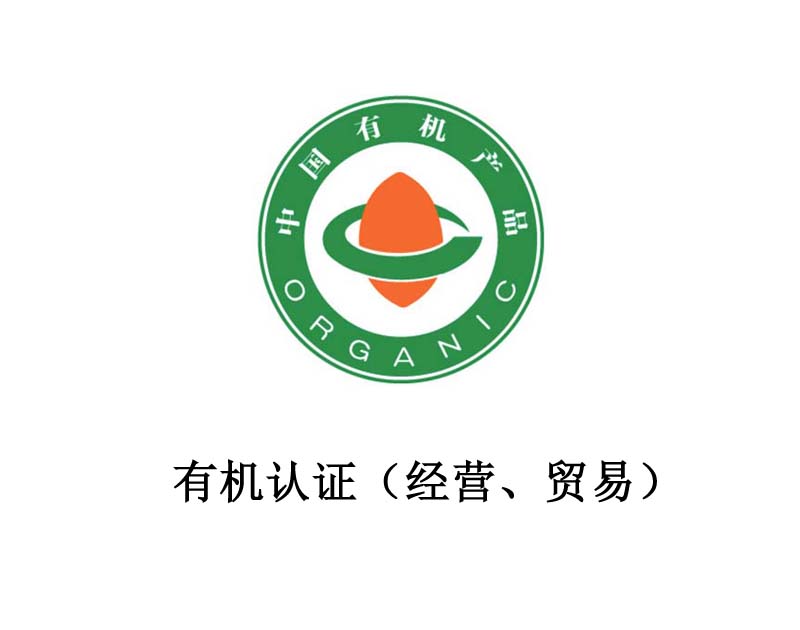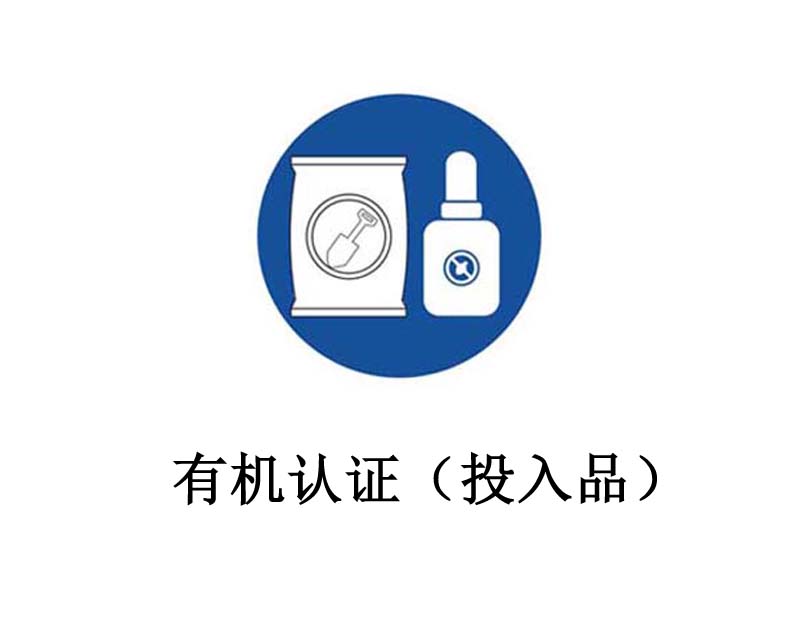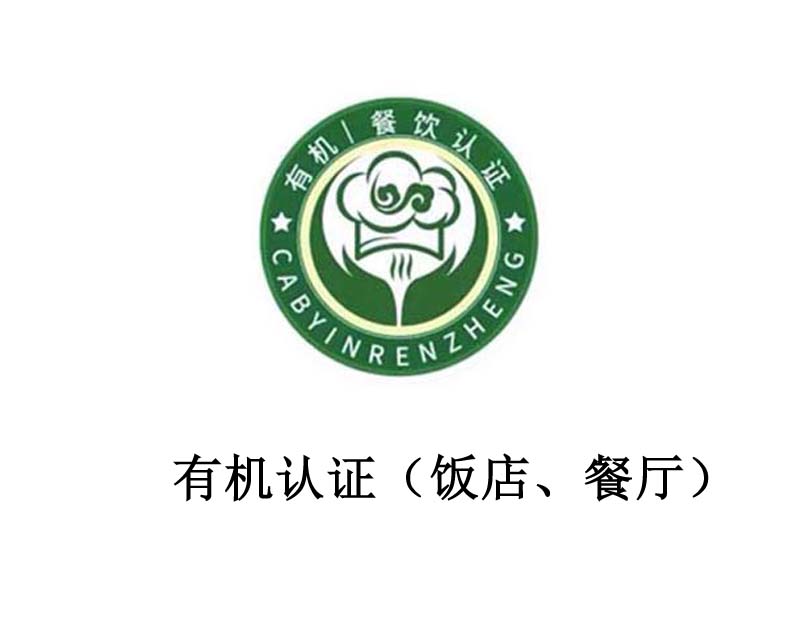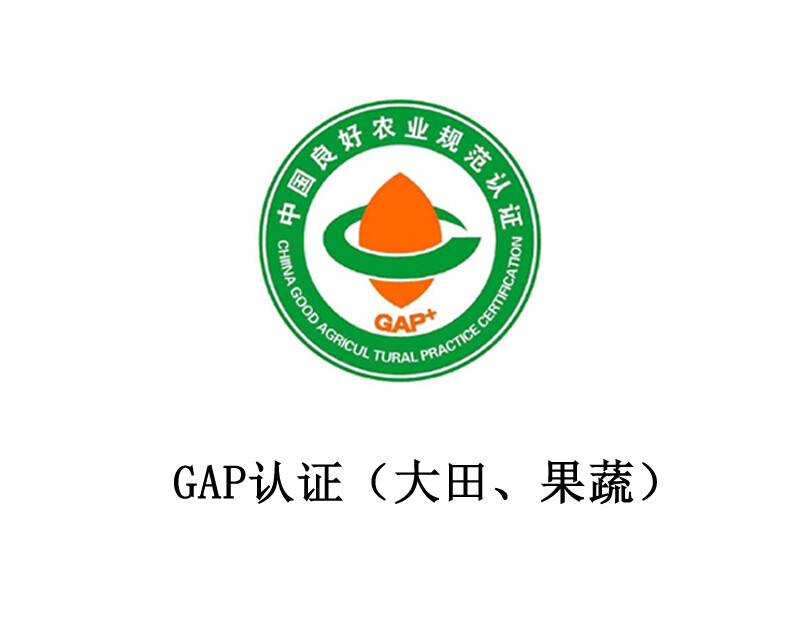Agricultural Product Food Certification Service Network
Technical Support: China Green Huaxing (Beijing) Agricultural Research Institute
Copyright: Guohuan Organic Agricultural Products (Dezhou) Co., Ltd
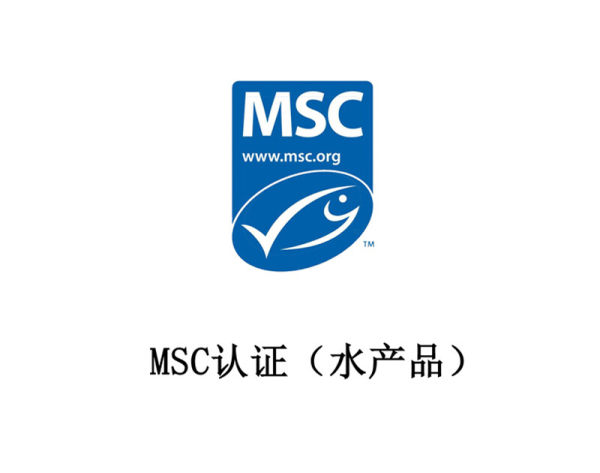
[MSC Seafood Certification Introduction]:
Many people on Earth rely on fish for survival, but in recent years, 70-80% of fishery resources are being overexploited, with resources either depleted or in the process of recovery. Overfishing has become one of the increasingly severe global environmental issues. In 1996, Unilever and the World Wildlife Fund (WWF) jointly initiated the establishment of the Marine Stewardship Council (MSC), forming working groups in major fishery regions worldwide to develop the "Standards for Sustainable Fisheries and Good Management Practices." The MSC was officially founded on March 1, 2000, with key founding members including major retailers, manufacturers, and food service providers from Europe and America. The MSC is an independent, non-profit organization with permanent offices in London, Seattle, and Sydney.
The MSC seafood standard is based on three core principles:
1. Sustainable fishing;
2. Impact of fisheries on marine ecosystems;
3. Effective fisheries management;
[Significance of MSC Certification]:
MSC-certified seafood products can carry the MSC certification label, which signifies: "This product comes from fisheries that meet the Marine Stewardship Council (MSC) environmental standards and comply with requirements for good management and sustainable fishing." This certification label applies to seafood products and their supply chains, including storage, processing, sales, and transportation, proving that the product originates from fisheries with optimal fishing practices.
